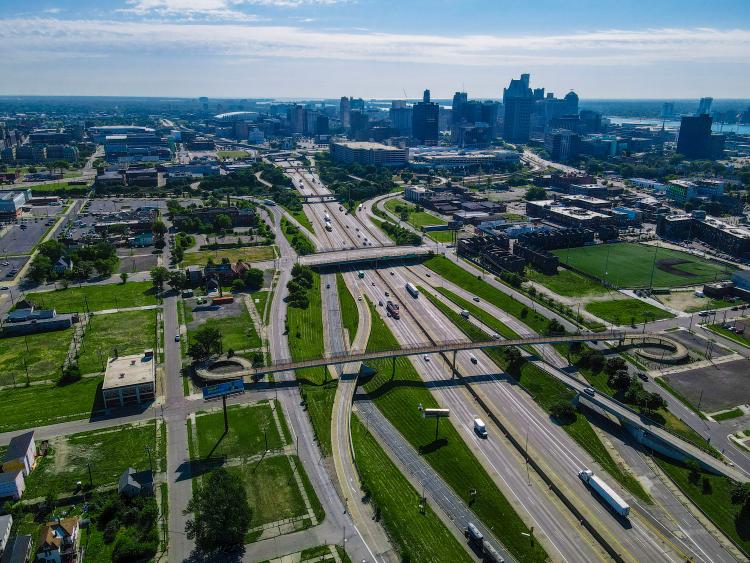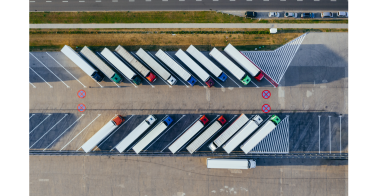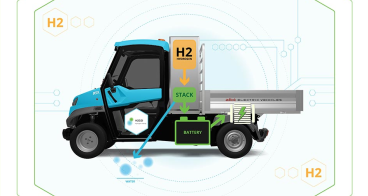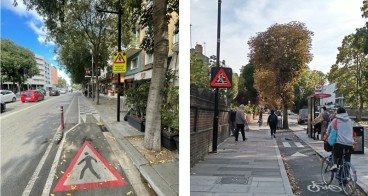Detroit: Sustainable Cities Challenge

The Challenge
Transforming Freight
Toyota Mobility Foundation is looking for innovators to demonstrate solutions that decrease fossil fuel use and reduce the costs of freight operations in Detroit’s Eastern Market.
Solutions should address one or more of the following:
- Reduce idling time
- Reduce partial loads and empty miles
- Reduce reliance on fossil fuel for cold chain logistics and freight management
- Reduce implementation costs and barriers to adopting clean freight technologies
Who can apply?
Applications must meet the following criteria:
- The solution must be tailored specifically for Detroit and implemented within the city.
- Applicant can be single organisations or consortia.
- Teams that enter as a consortium must nominate one organisation as the lead entrant.
- Applicants must be established as a legally incorporated organisation to enter.
- The challenge is open to innovators worldwide but entries must be in English.
- Successful applicants must be willing and able to travel to Detroit as there will be expectations for on-the-ground presence during the next stage of the Challenge.
All funding must be used by teams to develop, test and demonstrate their solutions for Detroit’s Eastern Market, with the final funding to be used for implementation in Eastern Market.
Background
The support for innovators to develop their solutions are:
- Up to ten $50,000 implementation grants in the semi-finalist stage
- Up to five $130,000 implementation grants in the finalist stage
- $1.5 million final implementation funding, to be shared among up to 3 winners
- Connections to businesses in Eastern Market to understand their operations
- Facilitation to engage directly with city leaders
- Capacity building support
- Access to a network of like-minded innovators
Detroit’s Eastern Market is the largest open-air market and amongst the oldest historic markets in the U.S. and is at the heart of Detroit’s Challenge. It is the city’s hub for food distribution, selling over $360 million of wholesale food annually, and double that in exports. The district is poised to expand and is considering strategies to address environmental concerns, carbon emissions, and pollution, while adding residential units to this bustling community. It organises farmers, wholesalers, distributors, and logistics operators into distribution activities designed to move food that feeds millions.
Eastern Market neighbourhood is continuing to expand as a market and as a mixed-use district. A key challenge of its growth strategy is to harmonise food production and distribution increases with clean freight initiatives.
This will safeguard the health of Eastern Market residents, workers, and visitors while reducing fossil fuel costs of freight operators.






